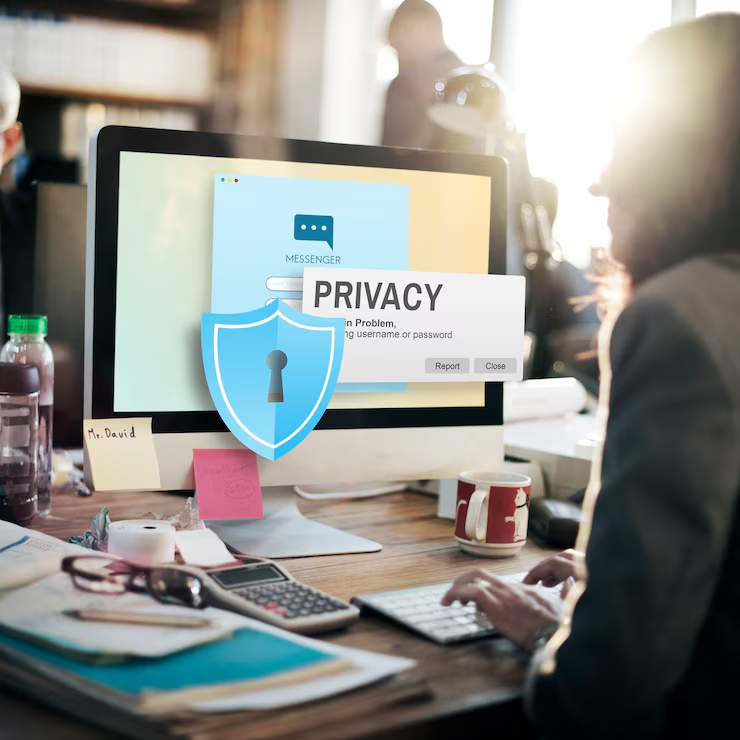Data is one of the most critical aspects for an organization. It’s generated in different forms and mainly divided into structured and unstructured formats. Securing data needs to be the top priority whether you’re an Indvidual or run a large-scale organization.
Your personal information sensitive to business data can be compromised anytime and lead to data breaches. Thus, here is where the role of cybersecurity comes in. In simple words, cybersecurity is the method of protecting networks, systems and programs from cyberattacks or mitigating their impact.
To help you protect your digital assets, in this article, we’ve put down the best cybersecurity practices that will help you to be informed and aware.
But wait, first let us understand more about cybersecurity.
What Exactly is Cybersecurity?
Cybersecurity as discussed in short above is any technology or measure that helps to prevent devastating cyberattacks. The main aim is to safeguard personal and organization’s system, sensitive data, financial assets and more against malware attacks, ransomware and more. According to Forbes, around 343 million victims were of cyberattacks in the year 2023.
They have dramatic potential to disrupt or destroy the complete business in terms of finances and overall reputation. Further, organizations need to have a disaster recovery plan in place, so they can recover in case of any cyberattack.

5 Best Practices to Protect Your Data Fortress
Here are the best practices listed that will certainly be a game-changer to enhance the security of your critical data.
Encryption is Priority
Make sure to encrypt all the sensitive data. One must enter a security key to reveal the data through the method of scrambling. This way, by no means unauthorized users can gain access to your data. Your data is 100% secure, plus it remains unusable and unreadable.
Access Control and Permissions
Granting access to many individuals can cause issues. There are chances of data misuse. Thus, try to implement strong access controls and authentication so that only authorized users can gain access to the required data. Many individuals in the organization may compromise data by having access to it..
Incident Response Plan
It’s better to prevent rather than deal with the losses in the future. Create and maintain an effective strategy to handle all the security breaches. Draft a scenario wherein a cyberattack has taken place and what measures you would take to prevent it. Get an outline of detecting and mitigating the impact of the cyberthreats, reducing the data loss and downtime.
Focus on Creating Strong Password
Using a weak password can be vulnerable and an entry point to cyberattacks. Thus, create strong and unique passwords that are difficult to crack. Avoid using names, email and easy to guess phrases in the password. Instead, you can use a password generator that helps to generate a super strong password which would be impossible for the hacker to crack. This is one of the initial and robust cybersecurity best practices.
Data Backup
Backups can always be saviors. In case of any data loss, you have a safe recovery of your crucial data. So, store backups online or best way is in the cloud storage. Rest assured you have a plan B if your data gets compromised in cyberattacks.
Continuous Monitoring
Threats can occur at any time. Ensure you implement continuous monitoring systems that can easily detect and respond effectively to any of the cyberthreats in real-time. This way you can defend the damage before it gets worse.
Conclusion
Cybersecurity is a vital concept in today’s digital world. It is vital to stay one step ahead of the hackers and know about the best practises to deal with the cyberthreats. Hope the above listed practises has given you a central idea of how to deal with the ongoing and incoming threat from hackers. We publish security related content frequently on our site, visit now and be safe in the online world.
You may also like to read:
Why Data Protection is Important for Your Organization? An In-Depth Guide
Maximizing Security Automation: Tools, Processes, and Best Practices





